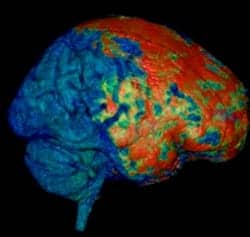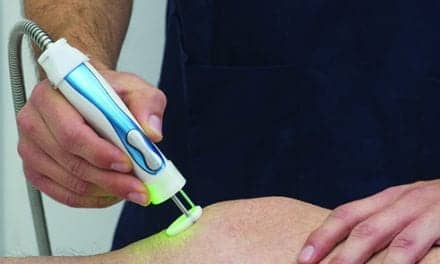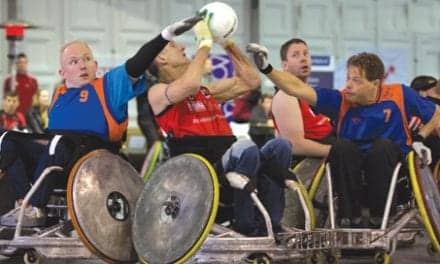A study recently published in Rehabilitation Psychology found that if traumatic brain injury (TBI) patients feel close to a higher power, it can help them rehabilitate. Brigid Waldron-Perrine, PhD, a graduate of Wayne State University, Detroit, Mich, lead researcher, said, "Among healthy adults, religion and spirituality have shown strong association with improved life satisfaction and physical and mental health outcomes."
Waldron-Perrine interviewed and completed neuropsychological tests on 88 individuals diagnosed with TBI, most of whom were male, African American Christians. Participants also completed a neuropsychological measure of their cognitive abilities.
Most participants who reported higher levels of religious well-being had better emotional and physical rehabilitation outcomes, the study found. But public religious activities or practice and existential well-being — a sense that life has a purpose apart from any religious reference — did not have such an effect influence on rehabilitation outcome.
The finding, she said, may be due to the fact that TBI patients lack full control of their ability to participate in public religious practice. As expected on the basis of previous studies, social support was related to positive physical and mental rehabilitation results. This, Waldron-Perrine said, is consistent with other research studies linking religious social support to positive health outcomes in other populations.
Even when Waldron-Perrine adjusted for social support, religious well-being still stood as a unique and strong predictor of positive health outcomes in TBI patients.
[Source: Wayne State University via Medical News Today]




